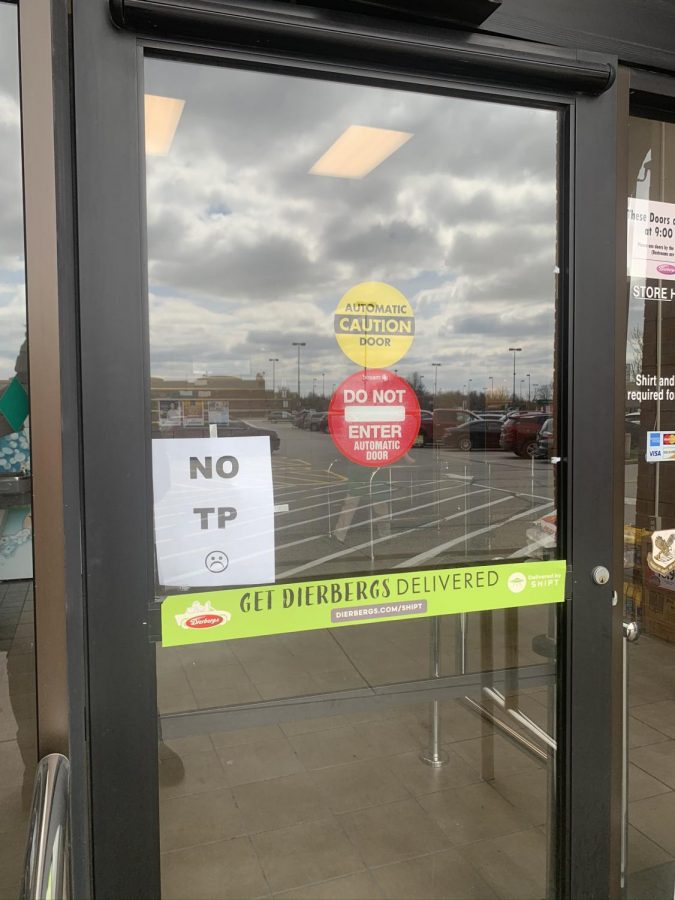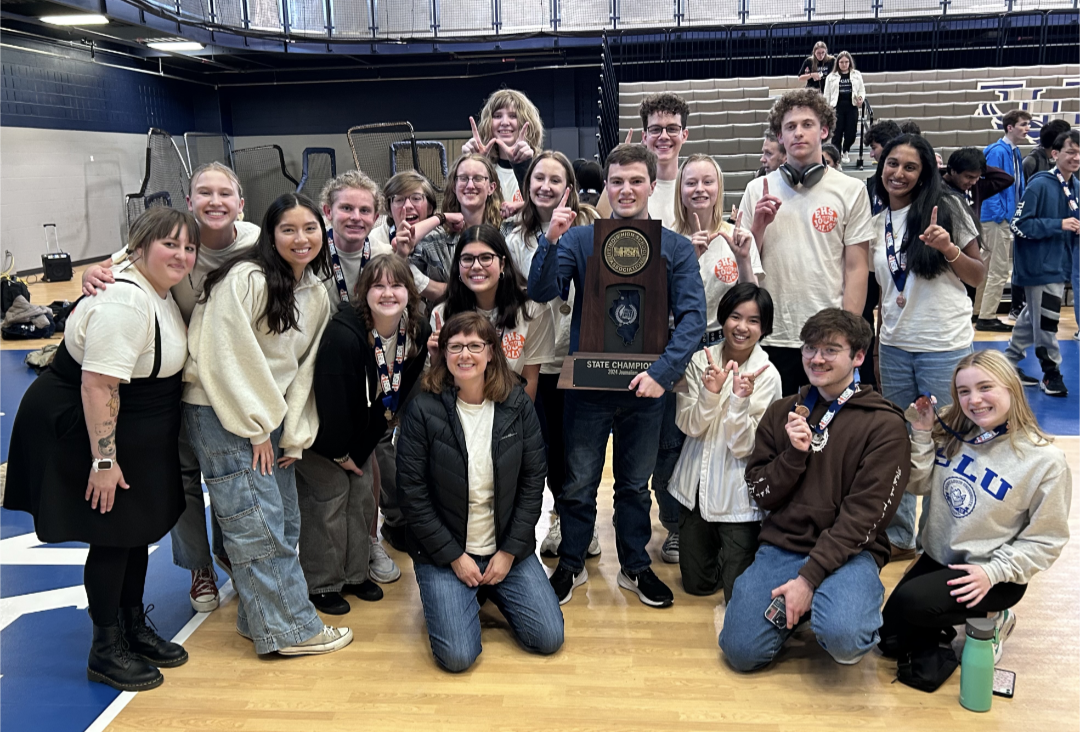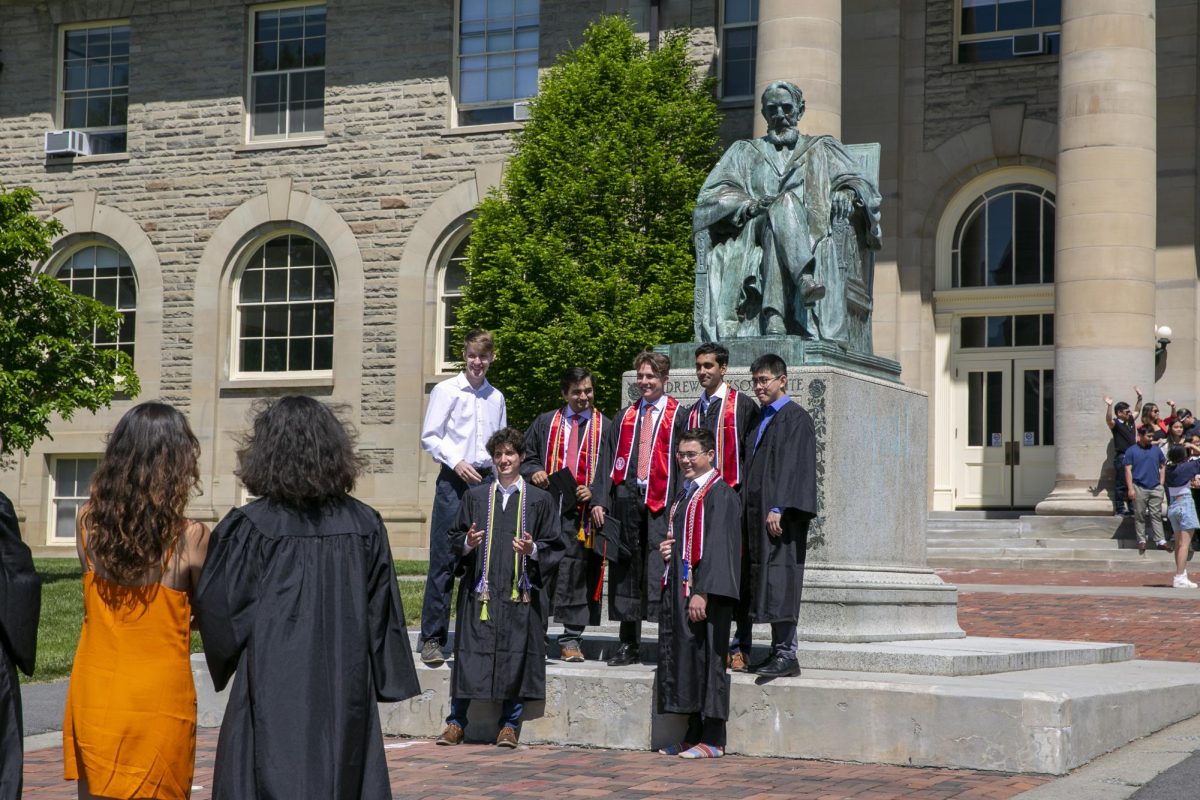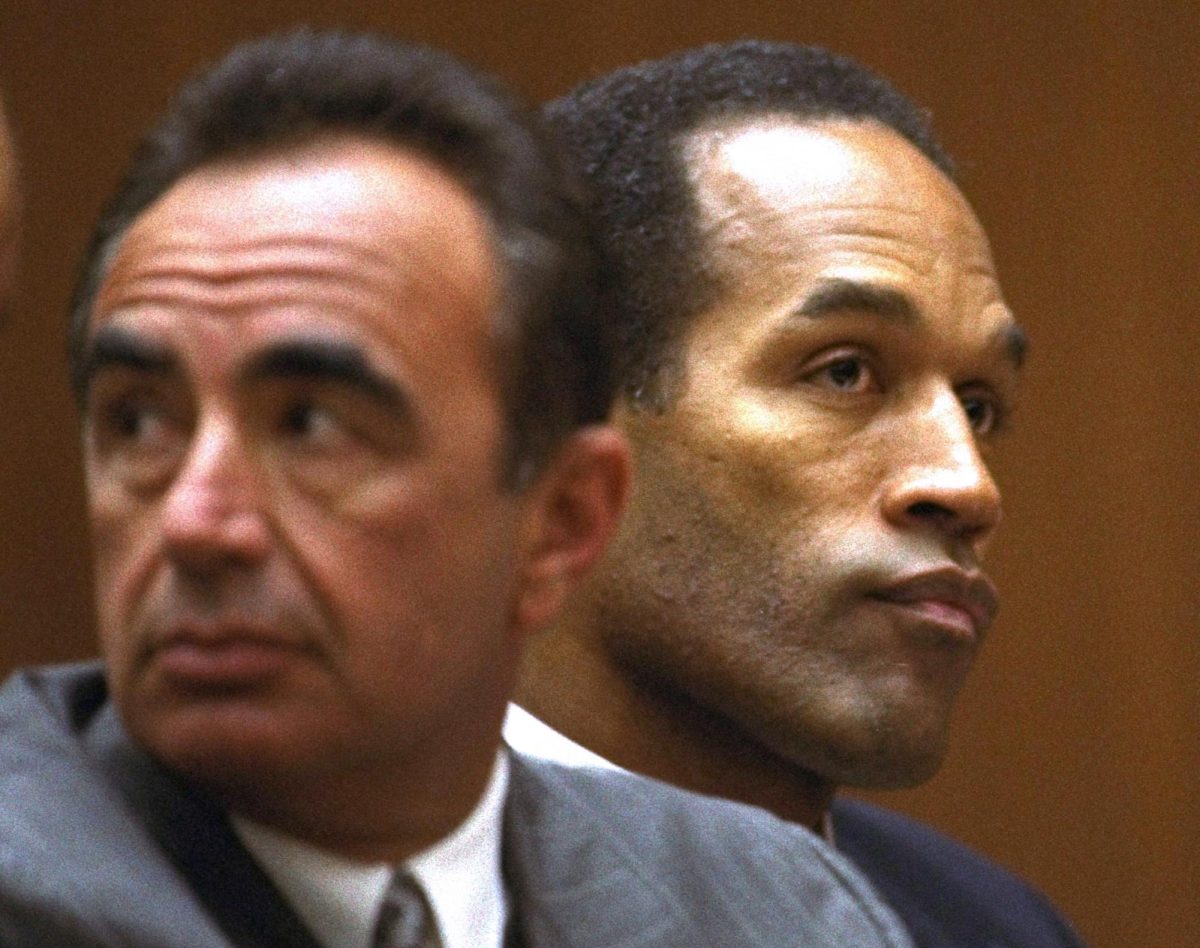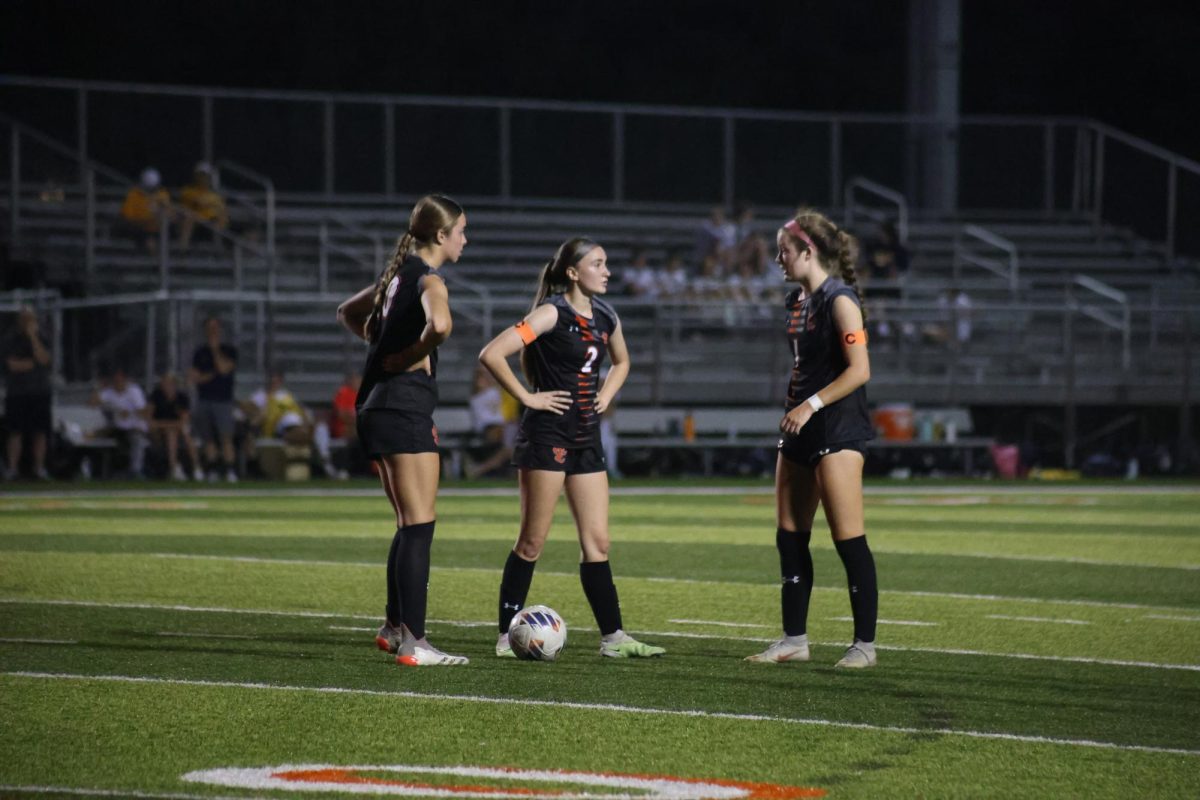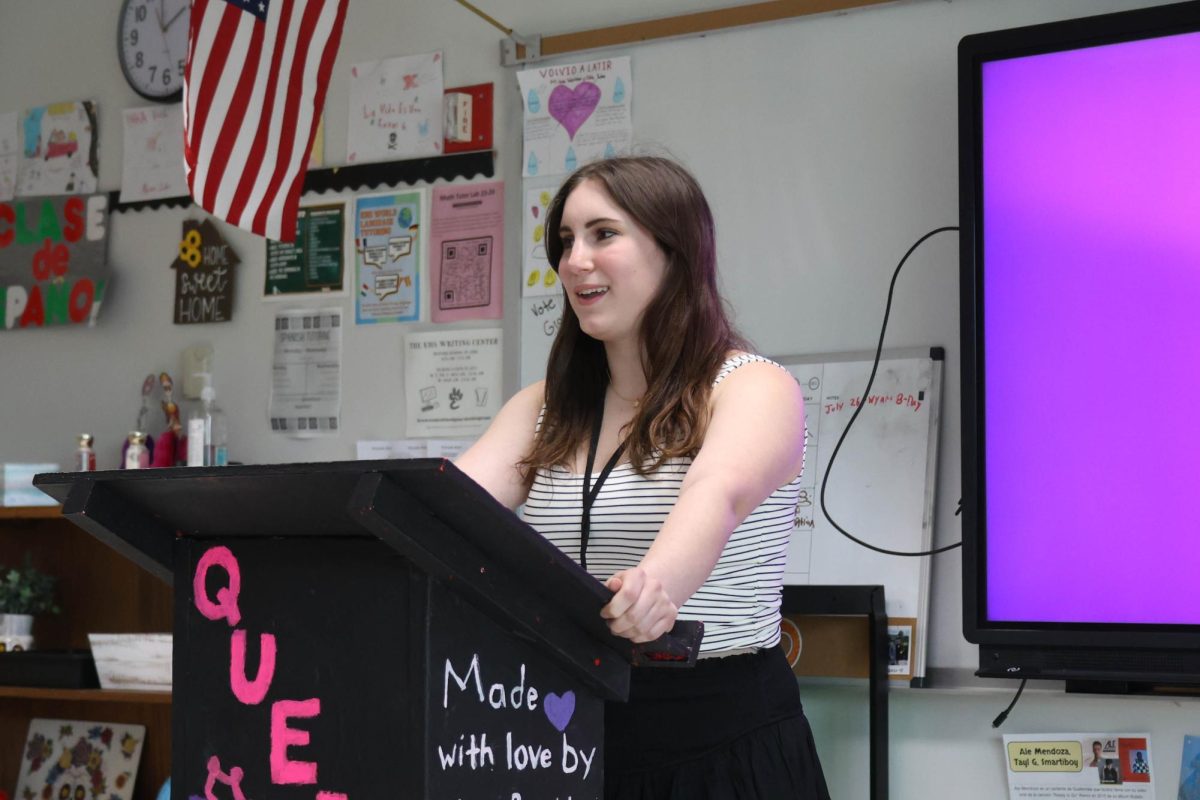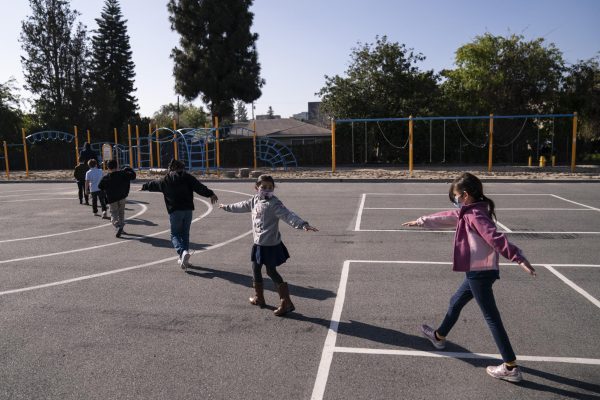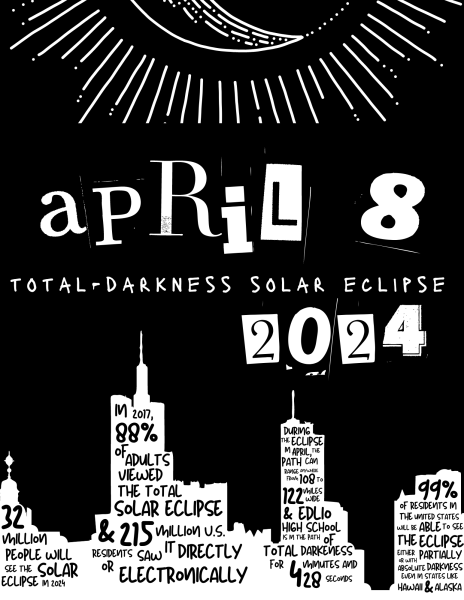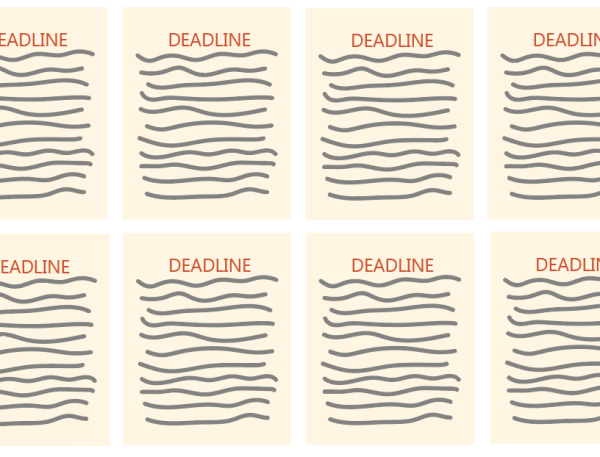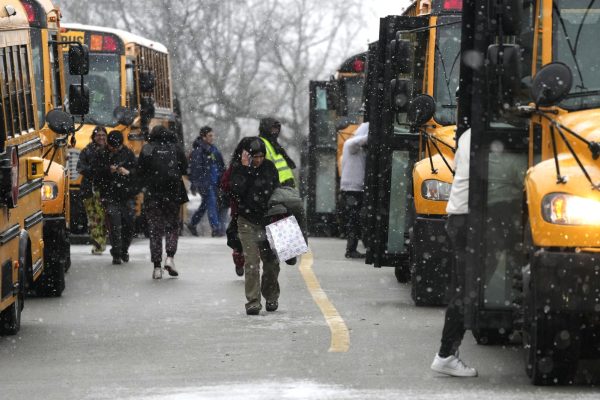COVID-19 Cancellations Crucial
March 20, 2020
The panic caused by COVID-19 truly feels apocalyptic. Beyond the barren Walmarts and toilet paper shortages, everything that could be canceled is getting canceled—even events that previously seemed untouchable, like prom and the existence of dine-in hours at restaurants.
People are understandably angry—the stock market has taken a huge downslide, according to The Wall Street Journal, with the market plunging 10 percent “in the market’s worst day since 1987.” Americans’ livelihoods are being threatened, they’re not allowed to do their jobs and events they have eagerly anticipated for years are being robbed from them.
And as per usual, looking for someone to scapegoat, people are hurling unfounded attacks at the media, spreading false information, creating outlandish conspiracy theories.
My favorite is one that the user Veterans Party of America posted on March 15 on Facebook:
“How many of you Believe that the Media is Creating this Panic so things will close down, Hurt our Economy to hurt Our President?”
Even without all the capitalization errors, that would be ludicrous.
It is important to remember this: if we all practice social distancing, as the CDC recommends, and everything gets canceled, and nothing happens…that is the point.
As sad, inconvenient and even devastating as these cancellations are, they are necessary. This virus’s effects and aftermath are truly uncharted territory. We do not know what will happen next.
But we do know that we cannot be like Italy.
There are currently over 10,000 cases of COVID-19 in Italy, according to The Atlantic. Doctors do not have enough ventilators or healthcare workers to adequately tend to all of the patients. That means that doctors have to make the heartwrenching decision of who receives care—and who doesn’t.
That could easily be America, according to George Glenn, perfusionist and Regional Director of Comprehensive Care Services, a company that provides perfusion and autotransfusion services to hospitals around the country.
“The problem is not that people will get it. Most will recover,” Glenn said. “The problem is that we do not have enough medical resources in this country to care for everyone if everyone were to get it at once.”
So for now, try to remain as calm as possible. Just take precautions. Wash your hands, cover your cough and gather in groups fewer than 10. It certainly will not kill you.


